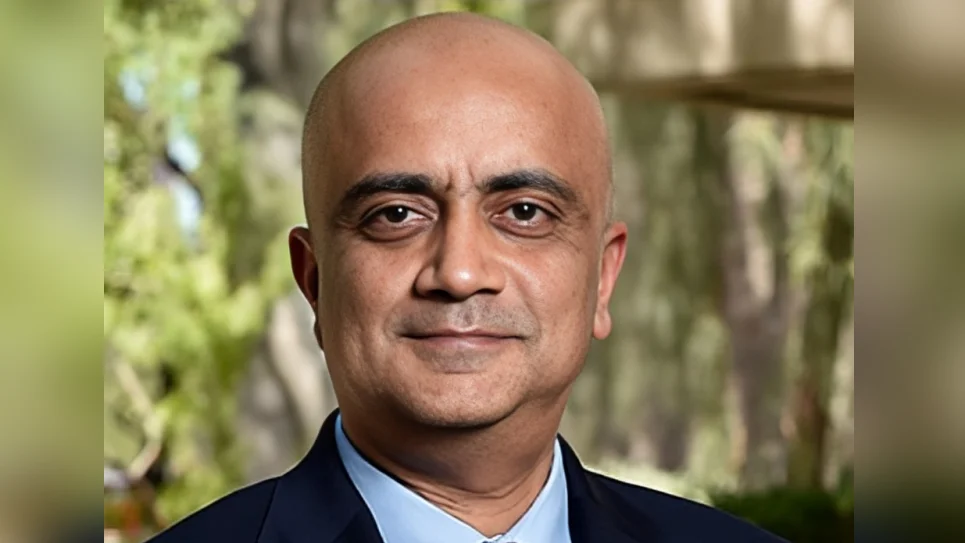DRI and the Atomic Museum have announced a new field trip program called “Exploring the Invisible: A Hands-On Journey into Radiation Science.” The initiative is aimed at students in grades 6 through 12 and seeks to increase interest in science, technology, engineering, and mathematics (STEM) while connecting participants to Nevada’s history. The program offers free admission and transportation for eligible groups.
The field trip lasts two and a half hours and includes both a guided tour of the Atomic Museum’s exhibits and a hands-on laboratory session led by DRI staff. Students will engage in experiments that focus on basic principles of radiation science, as well as its applications in history, technology, and daily life.
“‘Exploring the Invisible’ is designed to spark curiosity and provide students with meaningful, experiential learning opportunities,” said Matt Malinowski, director of education at the Atomic Museum. “By combining Nevada’s nuclear legacy with DRI’s expertise in radiation science, we are creating a program that inspires the next generation of scientists, innovators and leaders.”
“We are able to make these field trips possible thanks to a grant from the Department of Energy’s Office of Environmental Management,” said Monica Gehrig, STEM Education Training and Outreach Administrator at DRI. “This funding allows us to expand our partnership with the Atomic Museum and introduce Nevada’s middle and high school students to hands-on lessons in radiation science introducing the next generation to the knowledge and technical skills needed for employment in Nevada National Security Sites applicable fields.”
The program will be held on select Tuesdays, Wednesdays, and Thursdays at both organizations’ shared campus. Sessions begin at 9:30 a.m. and end at noon. Admission fees for students, teachers, and official chaperones are waived; transportation reimbursement is available depending on funding availability. Each session can accommodate up to 60 students with one chaperone required per ten participants.
Space is limited due to anticipated demand. If more schools apply than there are available dates, selection will be made through a lottery system.


